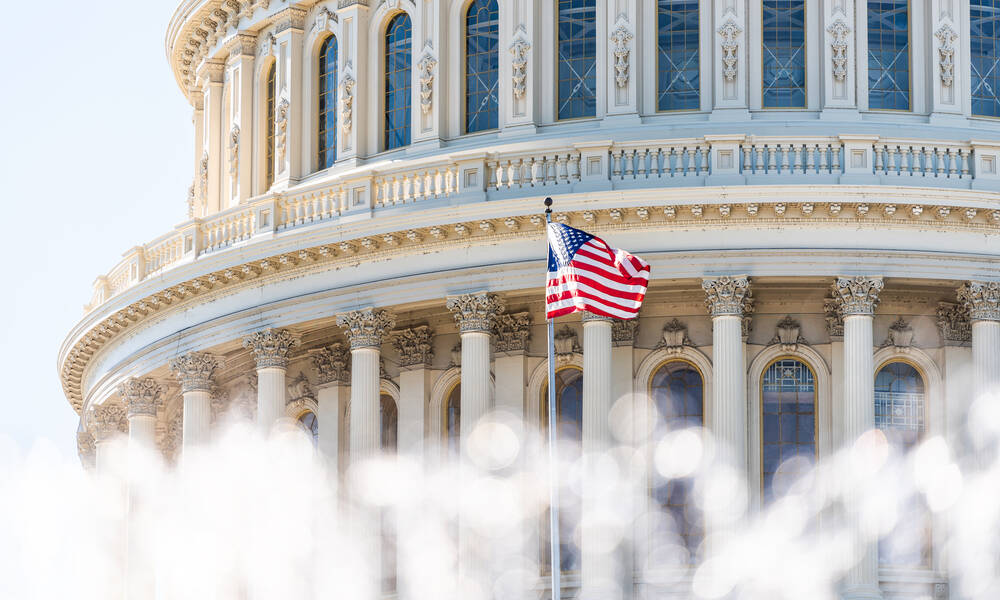
Bills Introduced to Repeal UBIT Fringe Benefits Tax
A controversial provision in the 2017 tax reform law that taxes certain fringe benefits offered by nonprofit employers is now a target for repeal in both houses of Congress.
Reps. Mark Walker (R-NC) and Tom Suozzi (D-NY) introduced a bill March 5 to repeal the unrelated business income tax on certain employee benefits provided by associations and other tax-exempt organizations.
The bill is a companion to legislation introduced last week by Sens. James Lankford (R-OK) and Chris Coons (D-DE).
The tax on nonprofit fringe benefits, like parking and mass transit assistance, was implemented as part of the 2017 Tax Cuts and Jobs Act. ASAE and the UBIT Coalition have been advocating for repeal for more than a year, arguing that the tax is proving to be a burden for the nonprofit community. The coalition notes that many churches and small charities have little or no experience dealing with the IRS and insufficient guidance on how to calculate the value of parking and other benefits provided to their employees.
“Churches and charities serve on the frontline of our battle against the generational cycles of poverty and the traps of government dependence,” Walker said. “Washington should ensure their work in our communities is not restricted by unnecessary taxes and strenuous compliance processes.”
Multiple bills to repeal the nonprofit benefits tax have been introduced in the 116th Congress, and participants in American Associations Day, ASAE’s legislative fly-in, on March 28-29, will advocate for passing UBIT repeal legislation.
“Bipartisan support is growing to repeal this onerous tax on nonprofit employee benefits,” said ASAE President and CEO John H. Graham IV, FASAE, CAE. “These new tax liabilities create numerous compliance challenges for nonprofits and threaten the financial security and missions of organizations that provide countless services to communities in need and to society as a whole.”
The Treasury Department issued interim guidance on the tax late last year, acknowledging concerns raised by the nonprofit community. The guidance allows tax-exempt organizations to retroactively reduce the amount of nondeductible parking expenses and provides a safe harbor for nonprofits potentially to exclude all parking expenses from the tax. The guidance stipulates that only parking expenses associated with employee reserved spots are included when calculating unrelated business income tax.
Tax-exempt groups have until March 31 to eliminate their employee-reserved spots and avoid the tax entirely. Treasury also provides estimated tax penalty relief for 2018 for tax-exempt organizations that offer these benefits.
(krblokhin/iStock/Getty Images Plus)






Comments